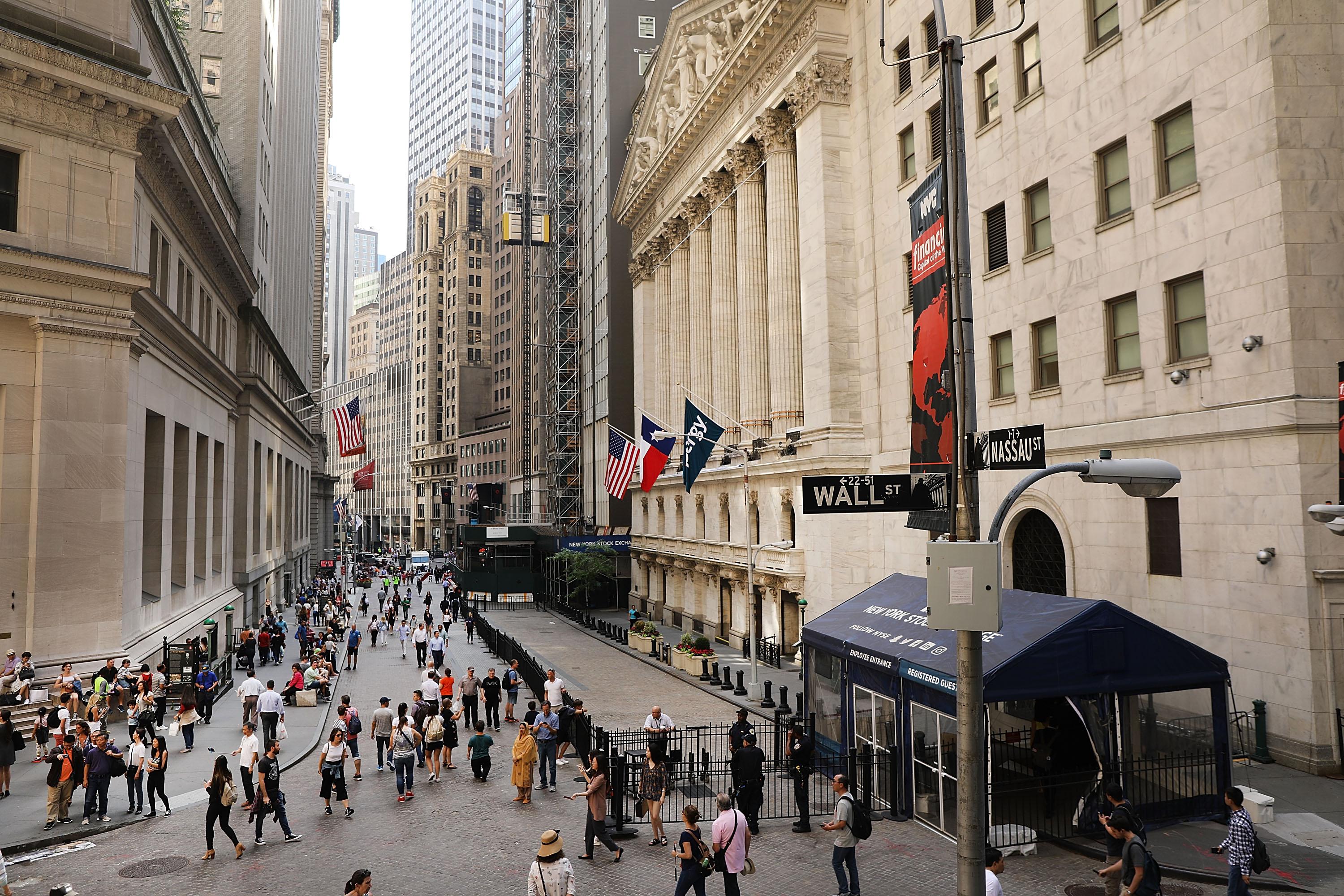One of Barack Obama’s two big legislative achievements was the passage of Dodd-Frank, the massive post-crisis financial-regulation bill. An unregulated financial sector run amok had helped to cause the biggest recession in living memory, and Dodd-Frank was to ensure that, going forward, banks and shadow banks would operate under much greater scrutiny, and with significant constraints on their actions.
The banks didn’t like this, and spent millions of dollars lobbying against the bill while it was being drafted, during the post-passage rulemaking phase, and even to the present day. Now, they have notched a significant victory: They have managed to persuade the Federal Reserve to lift a bunch of constraints on how banks trade.
The outrage from the left was loud and clear: “Even as banks make record profits, their former banker buddies turned regulators are doing them favors by rolling back a rule that protects taxpayers from another bailout,” Elizabeth Warren said of the proposed changes. She’s not exactly wrong: The banks will have a much easier life once the rule is rolled back. But the fact is that regulators will also find it much easier to regulate those banks with the new version of the Volcker rule being floated. It has much more potential upside, for those of us who want more bank regulation, than the existing version.
It’s important that the lead regulator in this case is the Fed, which has retained its independent technocratic bona fides during the Trump era. Fed chair Jerome Powell might have been nominated by Trump, but he’s no deregulatory ideologue. He’s supported in this move by his colleague on the Fed board of governors Lael Brainard, a left-wing Obama appointee, and even by Paul Volcker, the former Fed chairman whose eponymous rule is being altered.
Even if the banks are getting what they want, that doesn’t mean that what we’re seeing is necessarily a step backwards. The problem with the Volcker rule as implemented was that it forced banks to justify, on a trade-by-trade basis, that what they were doing was necessary for their clients, rather than just speculative proprietary trading. That’s hard for the banks, which is why they wanted the rule changed. But it was also incredibly cumbersome for regulators, who were equally forced to try to implement the Volcker “don’t do proprietary trading” rule on a case-by-case basis.
It makes vastly more sense, for banks and regulators both, for the Volcker rule to be enforced at a much higher level, with bank CEOs being held personally accountable for any lapses. (No more blaming rogue traders.) And that’s what the Fed is now trying to do.
No matter how the Volcker rule is reworked, it needs to be enforced, and while compliance with the Volcker rule was extremely difficult as written for banks, the fact was that in practice regulators didn’t seem to have much appetite for going after individual trades. Under the new rule, it will be much easier for regulators to force banks to rein in their risk-taking on a bank-wide scale, which is where the systemic dangers tend to be found.
